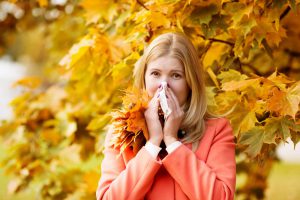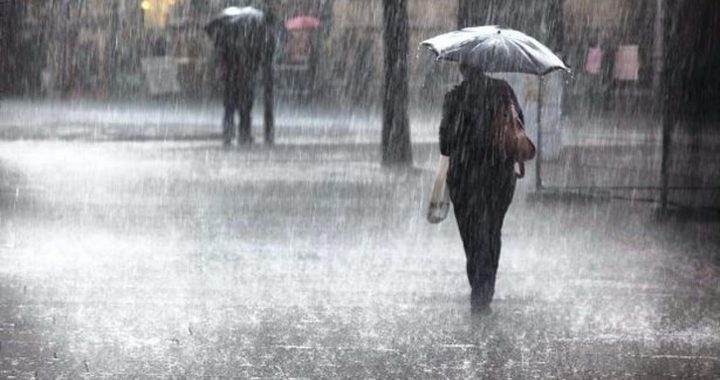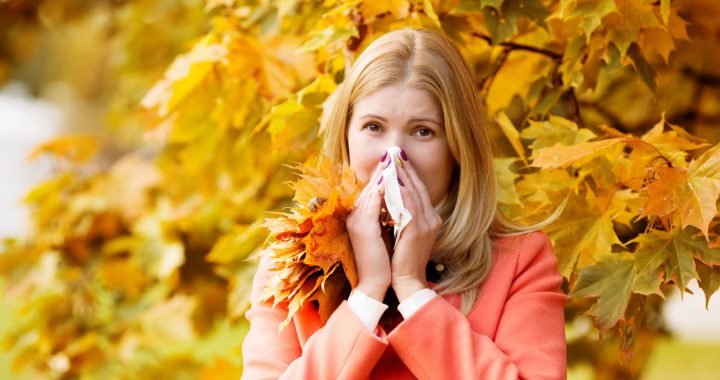 It’s hard to believe that fall is just around the corner! Gone soon will be baseball, summer vacations, and barbeques. We get to look forward to football, school, and tailgate parties…and fall allergies.
It’s hard to believe that fall is just around the corner! Gone soon will be baseball, summer vacations, and barbeques. We get to look forward to football, school, and tailgate parties…and fall allergies.
“Fall can arrive with bad allergy symptoms,” says Bradley Chipps, MD, president of the American College of Allergy, Asthma and Immunology. “Many people don’t realize if they spend time preparing now, they won’t get hit as hard with sneezing, runny noses and itchy eyes when fall allergies descend with full force. It’s a matter of planning ahead for what you know is coming based on your past experiences.”
According to the ACAAI there are four main tips to use in the fall to avoid allergy symptoms:
- Mild temperatures along with rain can promote plant and pollen growth, while wind accompanying rainfall can stir pollen and mold into the air, heightening symptoms for fall allergy sufferers. Because fall allergies may start earlier and last longer, it’s important to begin taking your allergy medications at least two weeks before your symptoms normally start. And don’t stop your symptom-relieving medications until pollen counts have been down for about two weeks – usually after the first frost. If you are taking allergy drops, continue taking them year-round to help prevent the onset of allergy symptoms next fall.
- Once the leaves begin to fall they gather moisture and begin to mold. Mold is an allergen that thrives in fall. In addition to leaves, mold can be found anywhere there is water – including in your backyard, in a field of uncut grass and in clogged gutters. If you are allergic to mold, the key to reducing it is moisture control.
- If your child suddenly seems to have a constant runny nose, itchy eyes, a cough and sneezing, they could be dealing with allergens in their classroom. Kids can be allergic to dust in the classroom, or there might be pollen coming in through open windows. And don’t forget about mold – often found in bathrooms and locker rooms – as well as dander from pets that other kids may bring in on clothing and backpacks. If your child seems to have symptoms that came on around the time school started, make an appointment for allergy testing.
- Whether it’s ragweed, which is fall’s most prominent pollen, or another type, keeping pollen out of your life means fewer allergy symptoms. Some simple “housekeeping” tips can help. When you come in from outside, make sure pollen doesn’t come with you. Leave your shoes at the door and throw clothes in the washing machine. Shower and wash hair in the evening before bed so you’re not sleeping with pollen and getting it on your pillow and in your nose. Keep windows closed and run the A/C in both your home and your car. Monitor pollen and mold counts online so you can determine when it’s best to stay inside.



 It’s hard to believe that fall is just around the corner! Gone soon will be baseball, summer vacations, and barbeques. We get to look forward to football, school, and tailgate parties…and fall allergies.
It’s hard to believe that fall is just around the corner! Gone soon will be baseball, summer vacations, and barbeques. We get to look forward to football, school, and tailgate parties…and fall allergies.


